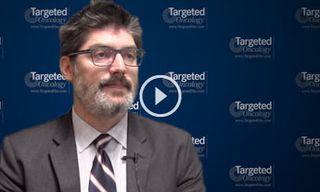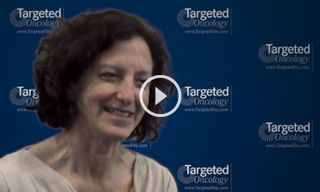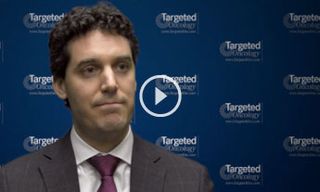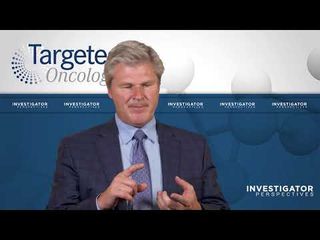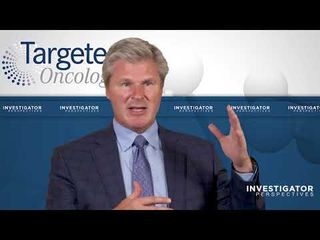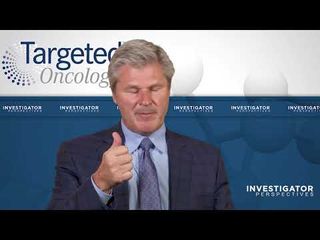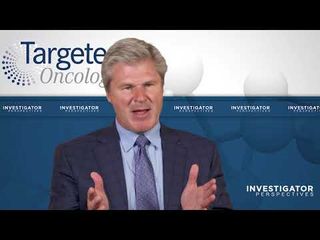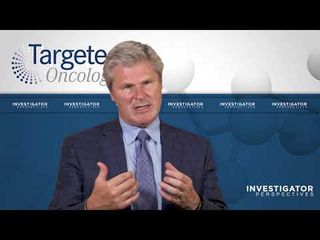
IMMUNOTHERAPY
Latest News
Latest Videos

More News
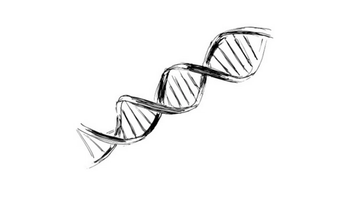
The phase 2 NOVA-II study has completed its part 1 analysis of OQL011 for the treatment of cancer therapy-induced skin toxicities.

Retrospective data show a low prevalence of esophagitis among immune checkpoint inhibitor-related adverse event in patient with cancer.

In an interview with Targeted Oncology, Rodney P. Rocconi, MD, FACOG, discussed the analysis of the homologous recombination proficient patients with advanced-stage ovarian cancer treated in the phase 2 VITAL study as well as a biomarker analysis.

In an interview with Targeted Oncology, Marc Ernstoff, MD, discussed the significance of the SITC clinical practice guideline for managing immune-related adverse events.
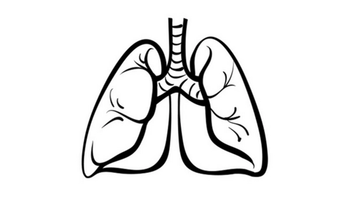
The high prevalence of bone metastases in non–small cell lung cancer led 2 institutions to investigate how these metastases impact survival in patients treated with immune checkpoint inhibitors.

In the wake of immunotherapy combinations becoming available in breast cancer, including triple-negative breast cancer, the Society for Immunotherapy of Cancer has published clinical practice guidelines for physicians treating in this setting.
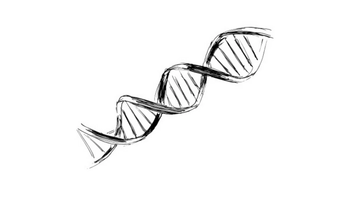
The Association of Community Cancer Centers released the results of their 2020 ACCC IO survey that showed how oncology professionals are looking to understand and take advantage of the growing immunotherapy treatment landscape.

Ronald J. Scheff, MD, reviews the molecular testing practices for non–small cell lung cancer and frontline treatment of patients with PD-L1-positive non–small cell lung cancer during a Case-Based Roundtable event.

Based on a review of immune checkpoint inhibitor mechanisms of action and clinical trial data, SITC has published a clinical practice guideline, which provides key recommendations for managing immune-related adverse events.

T-cell–targeted immunomodulators burst onto the scene a decade ago, and investigators turned their focus to immune checkpoints such as CTLA-4, PD-1, and PD-L1 to develop new cancer-fighting strategies.
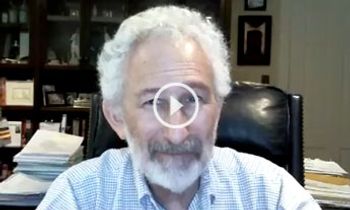
Maurie Markman, MD, addresses different treatment options, including checkpoint inhibitors, for patients with endometrial cancer.
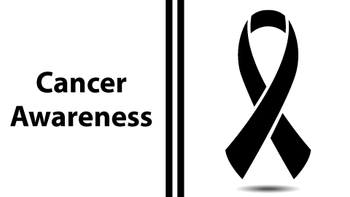
As June is Cancer Immunotherapy Month, Mehmet Akce, MD, discusses the future of immunotherapy in HCC in an interview with Targeted Oncology.

An excerpt from the Targeted Talks highlights the interest in PD-1/PD-L1 and CTLA-4 antibodies, their mechanisms of action, and the potential they bring to the immunotherapy field.

As numerous approvals across cancer settings and emerging approaches are explored in clinical research, new findings presented at the 2021 American Society of Clinical Oncology Annual Meeting in June continue to encourage investigators.

While the volume and variety of information coming from current studies seems overwhelming, it is what is changing the cancer care environment today.
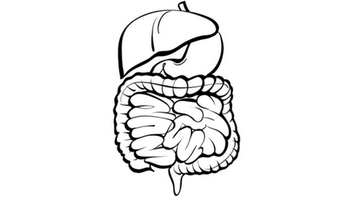
The latest updates on gastric and esophageal cancers focus on greater use of biomarkers, next-generation sequencing (NGS), and immunotherapies.

Avelumab was explored in a clinical trial for the treatment of locally advanced head and neck squamous cell carcinoma, but more research is needed to position the agent and other checkpoint inhibitors in the treatment landscape, experts say.

The FDA has been leading an industry-wide evaluation of accelerated approvals of oncology drugs for which the clinical benefit was not verified in confirmatory trials.

The first large study of Black patients receiving immune checkpoint inhibitors is underway to uncover differences in response to immunotherapy in Black patients compared with White patients.
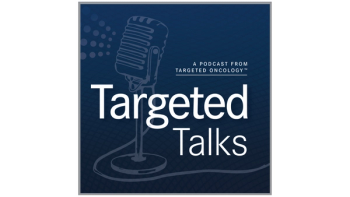
Jason Luke, MD, leads a discussion with Sandip Patel, MD, about the present and future of immunotherapy in cancer.
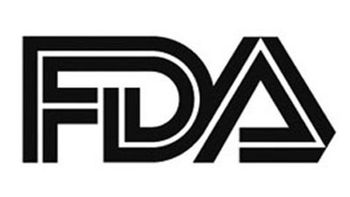
The FDA has issued a letter to the developer of the immunotherapy vaccine, ERC1671, recommending that the phase 2 clinical trial of ERC1671 in combination with granulocyte-macrophage colony-stimulating factor, and cyclophosphamide for the treatment of glioblastoma be terminated.

The biggest unanswered question in biomarker development for cancer is how to determine which patients will respond to targeted therapy or immunotherapy. Investigators around the world are trying to answer this through clinical trials and data mining, in addition to finding new tools to add to the mix.

Bexmarilimab, a novel anti-Clever-1 antibody, has shown signals of significant efficacy as a treatment of patients with 10 hard-to-treat solid tumors, according to an update from the phase 1/2 MATINS clinical trial.

Immune checkpoint blockade has revolutionized cancer therapy and led to improved outcomes and possibly even cures in the metastatic setting once thought to be unattainable.
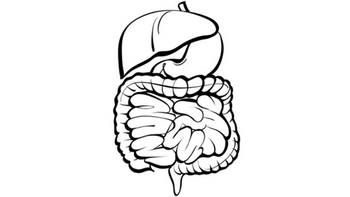
The triplet regimen of nivolumab, ipilimumab, and panitumumab has shown antitumor activity among patients with previously treated metastatic colorectal cancer that is microsatellite stable and KRAS, NRAS, and BRAF wild-type, according to findings from a phase 2 LCCC1632 study.




